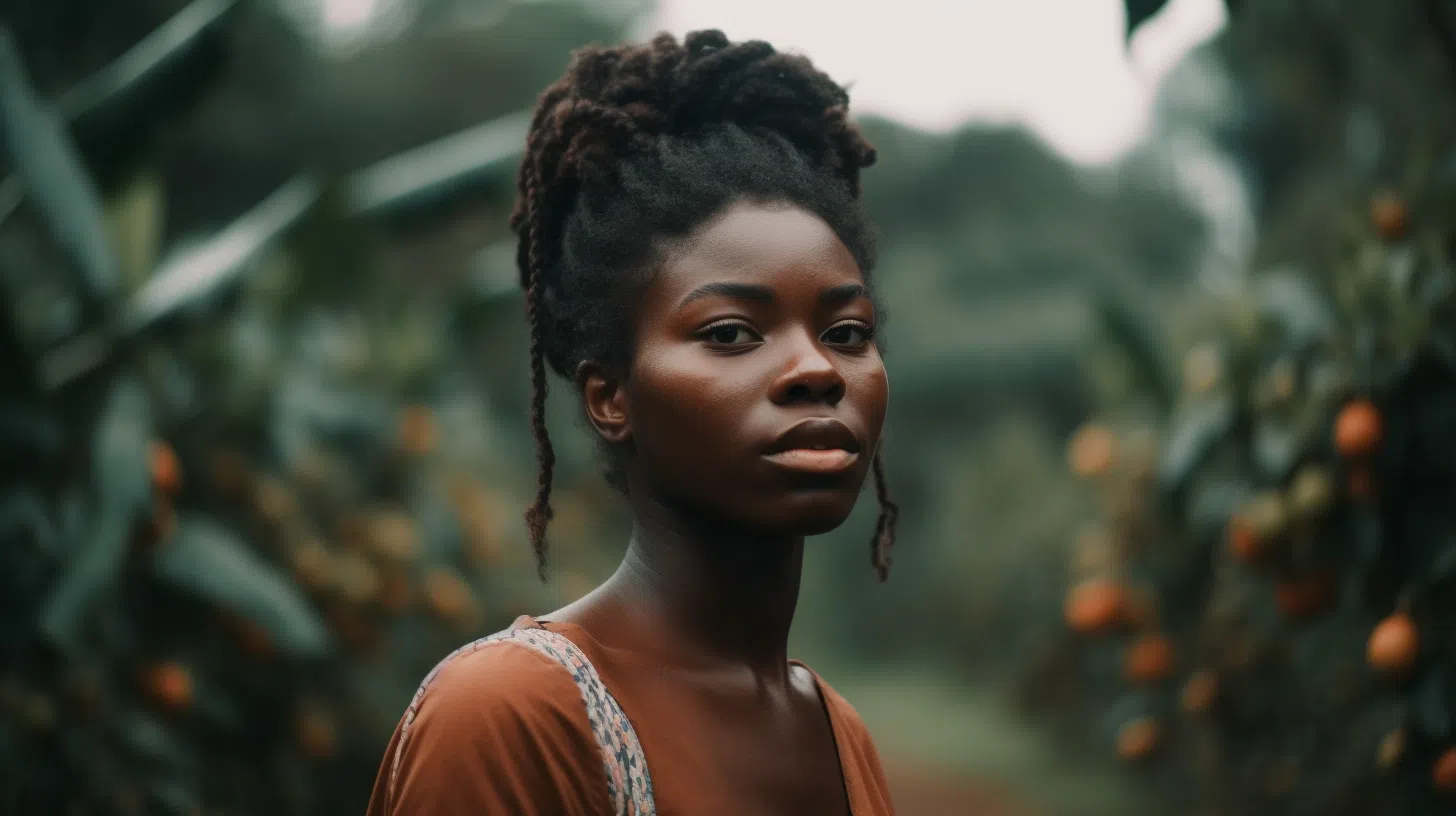
This article is a repost of a post originally published on Linkedin.
Switzerland, known for its fine chocolate, relies heavily on imports of cocoa beans from Ghana and Ivory Coast, which account for almost two-thirds of the world’s cocoa production. In 2021, during a state visit to Switzerland, Ghana’s President Nana Akufo-Addo announced that the country would soon end the process of selling raw materials to trade partners and would use its own beans to make its own chocolate.
“Ghana no longer wants to be dependent on the production and exports of raw materials, including cocoa beans. We intend to process more and more of our cocoa in our country. With the aims of producing more chocolate ourselves.”
Ghana is Switzerland’s 2nd biggest largest Sub-Saharan trading partner after South Africa.
The full quote about cocoa:
“Ghana no longer wants to be dependent on the production and exports of raw materials, including cocoa beans. We intend to process more and more of our cocoa in our country. With the aims of producing more chocolate ourselves.
Because we believe the can be no future prosperity for the Ghanian people, in the short, medium, long term, if we continue to maintain economic structures that are dependent on the production and exports of raw materials.
We intend to add value to our raw materials, industrialise and enhance agricultural productivity. This is the best way we can put Ghana in the high end of the value chain and global marketplace and create jobs for the masses of Ghanians.”
In July, Ghana and its West African neighbour Côte d’Ivoire, which produce the majority of the world’s cocoa, introduced a “Living Income Differential” (LID) on all cocoa sales to better remunerate their farmers. Since the price concessions obtained from chocolate makers have backfired against producers, Ivorian cocoa can no longer find buyers. To get out of this crisis, cocoa traders in Côte d’Ivoire want to end the six multinational chocolate companies’ monopoly. They demanded, in an appeal launched in early February, a larger share of the marketing contracts.
These six multinationals are the Swiss Barry Callebaut and Ecom, the French Sucden and Touton, the American Cargill and the Singapore group Olam.
But that might not be enough to end the poverty of African cocoa farmers. Indeed, Ghana’s president previously explained how his country was locked in a colonial-style relationship with the world’s chocolate manufacturers.
“Chocolate is a USD 100-billion industry, and we who produce 65% of the raw material make less than USD 6 billion from the sweat and toil of our farmers” (referring to the combined sales of Ghana and Ivory Coast). What prevents these two countries, he asks, from earning more by turning beans into cocoa liquor and cocoa butter or even manufacturing finished chocolate bars?
“If you look at OPEC, they are only controlling about 30% to 40% of the global oil supply and they control prices,” says Mahamudu Bawumia, Ghana’s vice president, referring to the oil cartel. “If they have OPEC, we can have COPEC.”
Due to the historically low cocoa prices, millions of cocoa farmers live in poverty. Of the retail price of a chocolate bar:
- 42% go to the retail trader
- 37% go to the chocolate producer
- 15% go to the intermediary traders
- 6% go to the cocoa farmers
How to unpack this issue
- What is a bar of de-colonial chocolate?
- What does it mean when a country’s national icon, like Swiss Chocolate, is deeply rooted and locked in colonial exploitation schemes?
- What imaginaries for the chocolate of tomorrow?
- What chocolate symbols beyond Swiss tourism clichés and colonial hipster cliparts?
- What happens after fairtrade-washing?
- When an African leader delivers such a meaningful statement, why doesn’t it resonates at all with the Swiss press?
A podcast episode to continue on this topic
The founders/sisters of 57′ Chocolate from Accra, Ghana interviewed by Seth Godin on his Akimbo Podcast.